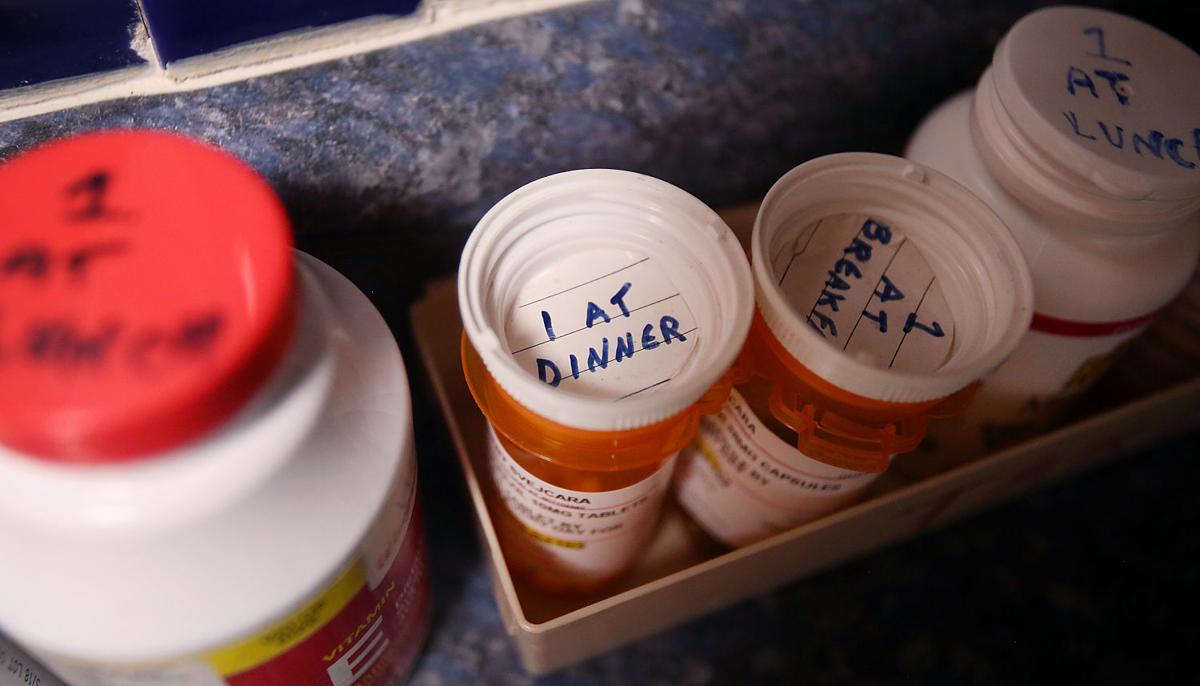Arizona researchers are looking for cognitively healthy people across the U.S. to be part of a unique program in which volunteers could learn their genetic risk for Alzheimer’s disease.
The Phoenix-based Banner Alzheimer’s Institute’s GeneMatch, led by principal investigator Jessica Langbaum and colleagues, is looking for people ages 55 to 75 who are interested in participating and do not have a diagnosis of dementia or other cognitive impairment.
Researchers say GeneMatch is a first-of-its-kind program designed to identify a large group of people interested in volunteering for Alzheimer’s research studies based in part on their APOE genetic information.
Scientists estimate that the Apolipoprotein E-e4 (APOE-e4) genetic variant may be a factor in 20 to 25 percent of Alzheimer’s cases. Everyone inherits a copy of some form of APOE from each parent, Banner Alzheimer’s Institute researchers say. Those who inherit APOE-e4 from one parent have an increased risk of late onset Alzheimer’s, occurring after the age of 60 years old.
GeneMatch allows for the identification of individuals who may be at varying degrees of genetic risk for developing symptoms of Alzheimer’s disease and matching them to study opportunities in their communities.
In order to participate, volunteers are sent a cheek swab kit, which they must complete and return to the lab by mail for genotype testing. They must then go through education modules and review opportunities for clinical studies they might match.
Individuals who meet these study criteria will first review an online educational video about Alzheimer’s, APOE and the GeneMatch program.
They will be asked to review an informed consent document, and if they understand and agree with participating in GeneMatch, they will sign the document electronically. That signature indicates they understand the process for submitting a genetic sample.
People with and without copies of the APOE-e4 gene variant are needed for the Banner’s Alzheimer’s Prevention Initiative APOE-e4 trial, which is a collaborative effort with Novartis. Those who are referred to that trial will then be asked whether they want to proceed, and proceeding requires knowing one’s genetic status.
Program leaders stress that individuals are never under any obligation to participate in studies or learn their genotype.
Those who inherit APOE-e4 from both parents have an even higher risk, but not a certainty. Scientists are not yet sure how APOE-e4 increases risk.
Trial leaders, who also include Dr. Eric Reiman and Dr. Pierre N. Tariot of the Banner Alzheimer’s Institute, estimate they may need to genotype as many as 80,000 volunteers to find 1,300 eligible people who carry two copies of the APOE-e4 genotype, since only two to three percent of the population carries two copies.
Not only will volunteers be helping research — they could be helping themselves by getting drug therapy that could prevent or delay Alzheimer’s disease.
“People often feel helpless, but GeneMatch can give people the opportunity to take action, and be part of the movement to end this disease before another generation is lost,” said Tariot, who is a geriatric psychiatrist and director of the Banner Alzheimer’s Institute.
There has been some hesitation in the medical community about using genetic testing for trials because of the way people might react emotionally. But officials with the Banner Alzheimer’s Institute note that even people with two copies of the APOE-e4 gene variant are not destined to get Alzheimer’s disease.
If the onset of Alzheimer’s could be delayed by five years in people who are affected, it’s possible to decrease by 42 percent the projected number of people who have the disease by 2050, said Heather Snyder, director of medical and scientific operations for the national Alzheimer’s Association.
For more information about Gene-Match go to endalznow.org/genematch
GeneMatch is an extension of Banner’s Alzheimer’s Prevention Registry. Information is also available by emailing info@endALZnow.org or calling 1-888-STOP-ALZ





